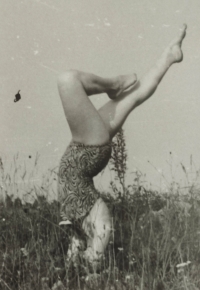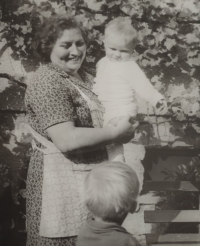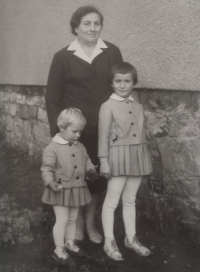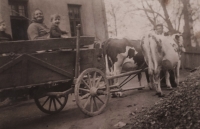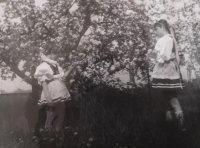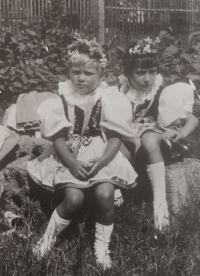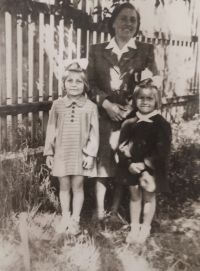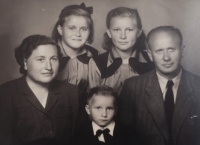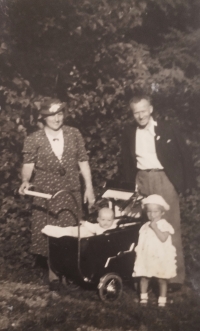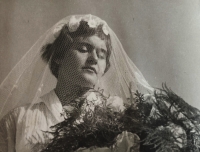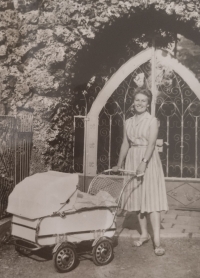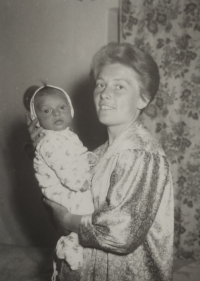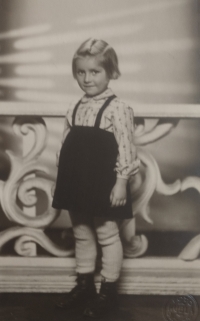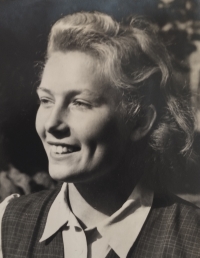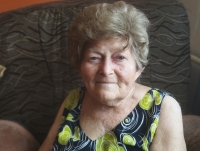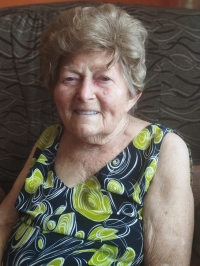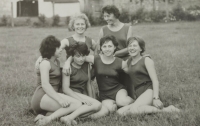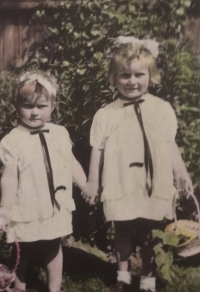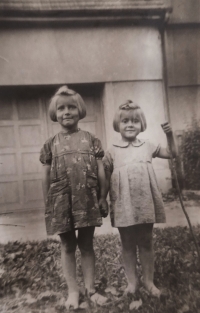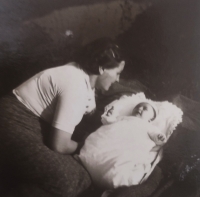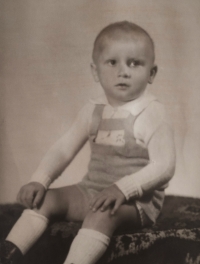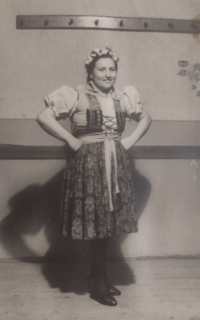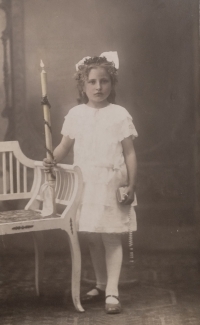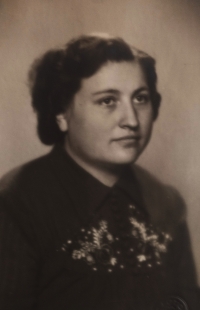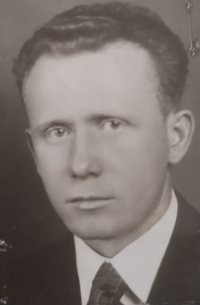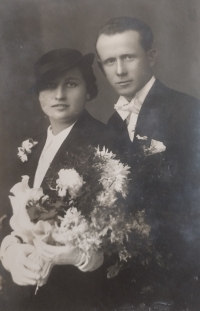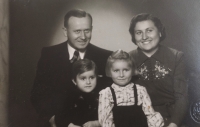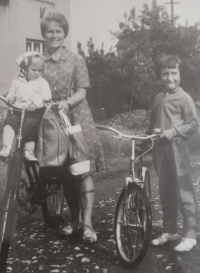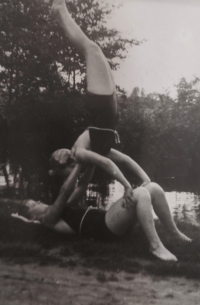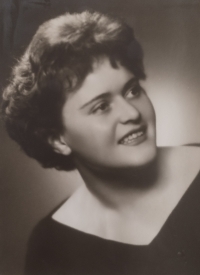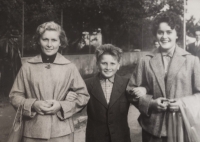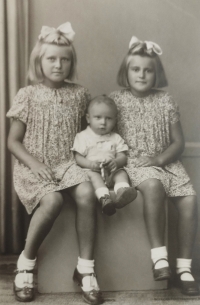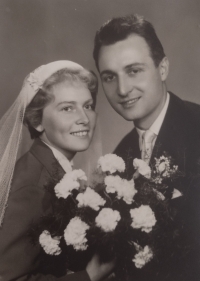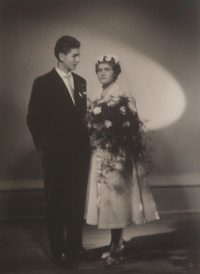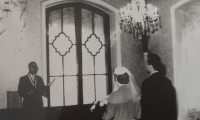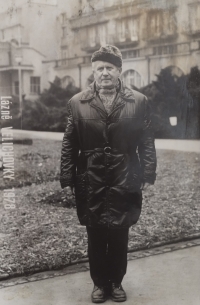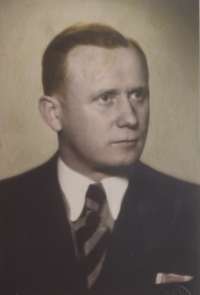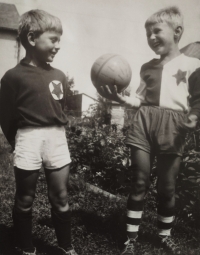Father came back from the work camp in an American uniform

Download image
Květuše Dostálová (née Dýblová) was born on 20 April 1937 in Hlučín, but she lived her whole life in Horka nad Moravou. Her father, Alois Dýbl, was arrested by the Gestapo during the World War II because a neighbour denounced him for listening to illegal radio. During a search of the house, the Nazis also discovered Sokol posters and materials. He was sentenced to several years in a work camp in the Reich. The family lost contact with him, and after the war tried to find him through radio. Alois Dýbl eventually returned home during the summer of 1945. Květuše Dostálová lived through the liberation of Horka with her sister Irena and mother Gertruda in the cellar, where plaster was poured on them because of the ongoing fighting and exploding ammunition. As a child, Květuše Dostálová joined the Sokol gymnastics organization, to which she later devoted her entire life. In June 1948, as a teenager, she took part in the XIth All-Sokol Gathering. After the Sokol was banned by the regime, she joined the youth organisation Pionýr and as an adult she led women under the banner of a sports club, with whom she secretly maintained Sokol traditions. She and her husband Josef Dostál raised three children, Irena, Marcela and Josef. Květuše Dostálová was still a member of the Sokol in 2023 and lived in Horka nad Moravou in a house that her father had once built.
